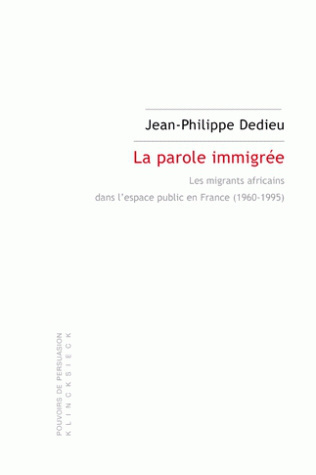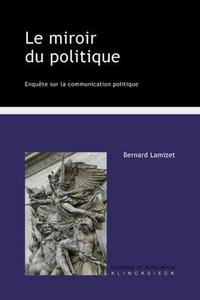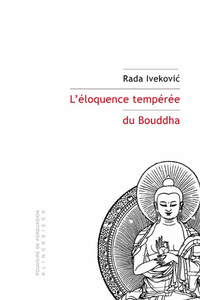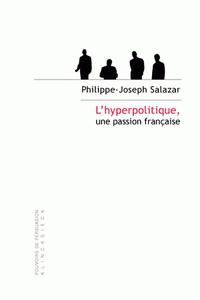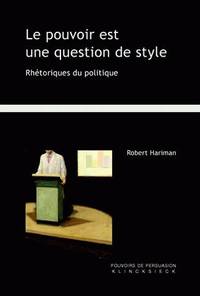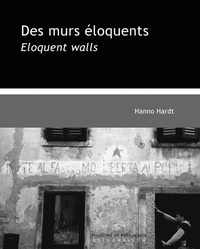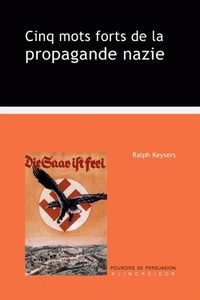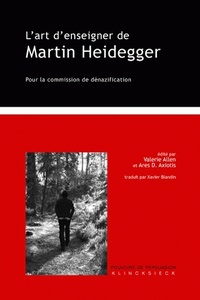Nous utilisons des cookies pour améliorer votre expérience. Pour nous conformer à la nouvelle directive sur la vie privée, nous devons demander votre consentement à l’utilisation de ces cookies. En savoir plus.
LA PAROLE IMMIGREE - LES MIGRANTS AFRICAINS DANS L'ESPACE PUBLIC EN FRANCE (1960-1995)
EAN : 9782252038284
Paru le : 15 févr. 2012
-
 Livraison gratuite
Livraison gratuite
en France sans minimum
de commande -
 Manquants maintenus
Manquants maintenus
en commande
automatiquement -
 Un interlocuteur
Un interlocuteur
unique pour toutes
vos commandes -
 Toutes les licences
Toutes les licences
numériques du marché
au tarif éditeur -
 Assistance téléphonique
Assistance téléphonique
personalisée sur le
numérique -
 Service client
Service client
Du Lundi au vendredi
de 9h à 18h
- EAN13 : 9782252038284
- Collection : POUVOIRS DE PER
- Editeur : Klincksieck
- Date Parution : 15 févr. 2012
- Disponibilite : Disponible
- Barème de remise : NS
- Nombre de pages : 336
- Format : 0.00 x 16.00 x 24.00 cm
- Poids : 701gr
- Interdit de retour : Retour interdit
-
Résumé :
The "Sub-Saharan" history of African immigration has been inadequately investigated: few post-colonial empire historians or sociologists have had any interest in it. Relying upon previously unpublished archives, La Parole immigrée strives to break this silence by retracing the paths taken by community leaders and union activists, drawing sociological portraits of lawyers and comedians, and by deciphering the role played by African migrants within the French public sphere, from the optimism of The Suns of Independence to the “sans papier” [illegal immigrants without papers] movement protests.
The extent to which migrant can voice their opinions within the French public sphere depends, on one hand, upon the strategies developed by the African governments – in collusion with the French State – to marginalise the demands of “immigrants” in the former colonial mother country and, on the other hand, upon the discriminatory rhetoric which has devalued African immigration from top to bottom in France, thereby producing rationale favouring their public stigmatisation.
African and French societies thus share a common history which migrant voices are rhetorically constructing, weaving the web of their sufferings, their victories and their gratitude.A former Fulbright Fellow at UC-Berkeley, Jean-Philippe Dedieu is a graduate of the École supérieure des sciences économiques et commerciales (ESSEC) who earned his PhD from the École des Hautes Études en Sciences Sociales (EHESS). He is a member of the EHESS's Institut de recherche interdisciplinaire sur les enjeux sociaux (Iris). His research focuses on the history and political sociology of African migrations. He has taught at the EHESS, the ENS and at Sciences Po Paris.
-
Biographie :
Ancien Fulbright Fellow à UC-Berkeley, Jean-Philippe Dedieu est diplômé de l'ESSEC et d'un doctorat de l'EHESS. Il est membre de l'Institut de recherche interdisciplinaire sur les enjeux sociaux (Iris) de l'EHESS. Ses travaux portent sur l'histoire et la sociologie politique des migrations africaines. Il a enseigné à l'EHESS, à l'ENS et à Sciences Po Paris.

